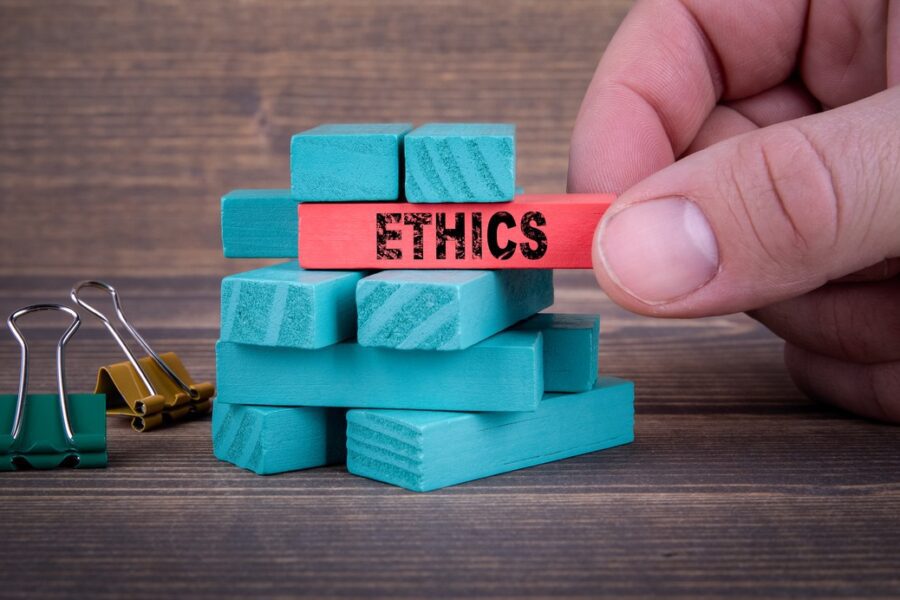In the Indian legal system, advocates are expected to be more than just professionals – they are meant to stand up for what is right, using their knowledge of law to protect the vulnerable and speak truth to power. In India, this noble image is reinforced by the Bar Council of India’s Code of Conduct, a set of ethical rules to guide every practicing lawyer. But the realities of the courtrooms, offices, and firms often tell a different story. Somewhere between textbooks and practice, between ideals and ambitions, a gap has opened, and it’s one that we need to talk about.
The BCI’s ethical code lays out clear expectations. Advocates must respect the code, protect their clients’ confidentiality, avoid advertising, and treat their peers with fairness. It’s a thoughtful and necessary framework. But in the real world, the rules don’t always hold up. With rising competition, changing technology, and increasing commercial pressures, the profession has found itself in tricky territory. Ethics, once considered the backbone of legal practice, are now too often treated as an option. Take advertising, for example. Technically, Indian advocates aren’t allowed to market themselves. But scroll through social media, and you’ll find plenty of lawyers subtly promoting their work, sharing wins, posting client reviews, and even offering “legal tips” as soft marketing. On one hand, this helps the clients find advocates more easily, and on the other, it creates an uneven playing field. Not everyone has the time, money, or digital fluency to do the same. The profession, hence, becomes more about visibility and less about credibility. Then there’s the issue of client trust—something that should be sacred in this line of work. Yet breaches of confidentiality still happen, and conflicts of interest are often overlooked. Lawyers may take on cases without fully disclosing their previous connections, or they may share sensitive information to gain an edge. These actions don’t just break the rules, but they hurt real people who come to the legal system hoping for justice and fairness. And let’s not forget the culture within the profession itself. While many advocates work with immense integrity, there are also reports of juniors being exploited by seniors, of public arguments between colleagues, and of an increasing lack of mutual respect. It’s disheartening, especially for young lawyers just entering the playing field. They step in with idealism, only to be met with cynicism and cutthroat competition.
So what’s causing this gap between ethics and practice? Part of the problem lies with enforcement. Even when someone files a complaint about unethical behavior, disciplinary action takes time, sometimes years. The system feels slow, outdated, and inaccessible, and that means unethical behavior often continues without consequences. Another issue is education. Ethics are taught in law school, but usually in a way that’s abstract, subject to pass, and not always a mindset to live by. Students aren’t always prepared for the ethical dilemmas they’ll face in real courtrooms and law offices. And without strong mentors or role models in their early careers, they’re often left to figure things out on their own. Then there’s the pressure. The legal world today is highly competitive. Bills need to be paid, reputations need to be built, and success often feels like a race. In this environment, it’s easy to convince oneself that cutting a few ethical corners is “just part of the game”. But every shortcut chips away at the values that make this profession something to be proud of.
Still, there’s hope. Change is possible, and it starts with making ethics feel real, not just theoretical. The bar councils could take steps to speed up the disciplinary processes, making them more transparent and accessible. Law schools could include more physical training, like real-life scenarios, role-play debates, and even internships focused on legal aid, to help students experience the importance of ethics first-hand. At the end of the day, ethics aren’t about rules; they’re about people. They’re about the kind of lawyer you want to be and the kind of impact you want to have on your clients, your colleagues, and the legal system as a whole.
contributed by- Tulip Raghav (intern)

